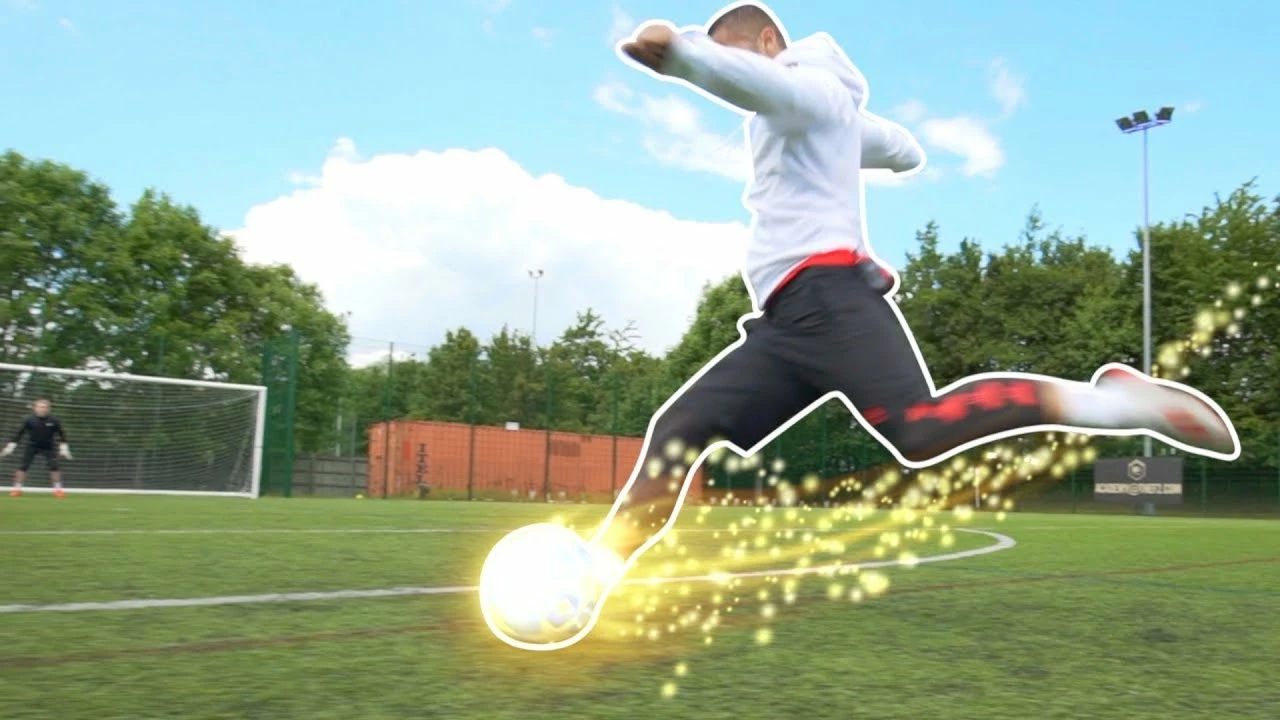Winning Soccer Strategies for Players, Coaches, and Fans
Ever wonder why some teams seem to glide through matches while others struggle? The secret’s usually a solid game plan backed up by smart habits off the pitch. In this guide we’ll break down the most useful strategies you can start using today—whether you’re a player looking to improve, a coach planning a line‑up, or just a fan who wants to understand the game better.
Match Tactics You Can Try Right Now
First up, tactics. The simplest way to boost your team’s performance is to decide on a formation that matches the squad’s strengths. If you have fast wingers, a 4‑3‑3 lets them stretch the field and create space. Got a solid striker who loves to hold up the ball? Try a 4‑4‑2 with a second forward dropping deep to link play. Once you settle on a shape, practice quick transitions: win the ball, push forward fast, and look for that one‑two pass to beat the press. It’s a habit that turns defense into instant offense.
Pressing is another powerful tool. Instead of waiting for the opponent to build up, tell your forwards to close down the first defender they see. Even a light, coordinated press can force mistakes and create scoring chances. The key is timing—press too early and you leave gaps; press too late and you give away possession. A simple drill: set up a three‑man press in a small area and rotate players every 30 seconds to build instinct.
Off‑Field Strategies: Nutrition, Recovery, and Mindset
Great tactics on the field won’t matter if your body isn’t ready. Professional players don’t eat whatever they want in the off‑season; they follow a balanced diet that fuels recovery and keeps muscle mass intact. Aim for a mix of lean protein, complex carbs, and healthy fats. A practical meal: grilled chicken, quinoa, and mixed veggies with olive oil. Keep junk food occasional and in small portions—it won’t ruin progress, but consistency does.
Recovery is just as vital as training. Sleep 7‑9 hours, use foam rollers, and stretch after every session. These habits cut injury risk and keep you sharp for the next match. If you’re a coach, schedule at least one light day per week where the squad does low‑intensity activity like a short jog or yoga. Your players will thank you with better performance on game day.
Mindset can make or break a strategy. Visualize the match ahead—picture how you’ll press, where you’ll make runs, and how you’ll react to setbacks. This mental rehearsal builds confidence and helps you stick to the plan when the pressure rises.
Finally, don’t forget video‑game strategies if you love FIFA or PES. The same principles apply: learn the strengths of each formation, practice set‑piece plays, and experiment with player instructions. The more you understand real‑world tactics, the better you’ll adapt in the virtual arena.
Put these ideas together—tactical shape, quick press, smart nutrition, solid recovery, and a focused mind—and you’ll see a noticeable lift in performance. No fancy jargon, just practical steps you can start using today. Ready to give them a try?
How do I score goals in a soccer game?
Scoring goals in a soccer game is a skill that takes practice and patience. First, work on improving your shooting technique by focusing on power and accuracy. Next, enhance your positioning on the field, making sure to stay onside and anticipate the ball's movement. Communication with your teammates is crucial, as well-crafted passes and coordinated plays can create scoring opportunities. Lastly, always keep your composure in front of goal, staying calm and collected to increase your chances of finding the back of the net.
